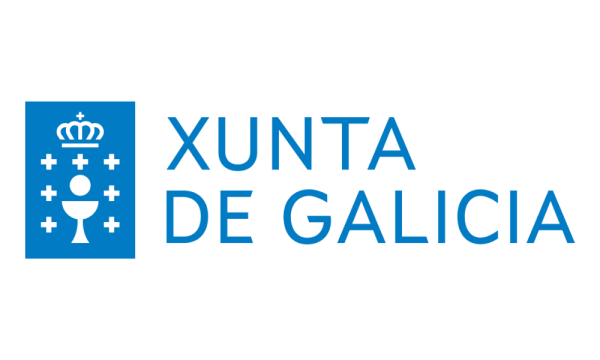Young people between the ages of 16 and 21—and, in some cases, up to 25—are the target demographic. Program participants may reside in sheltered housing or with a family. The programme is voluntary, as is participation. The juvenile justice system or child protective services may have previously encounter some of the young people.
Individual support: Through group workshops and trainings, the programme offers a variety of supports to help young people get ready for the transition to an independent life and to increase their employability. Referrals to standardised training programmes that offer the young people social assistance, as well as workshops on how to hunt for jobs and submit applications, are a few examples.
Role of professionals: A variety of professionals (community social services, experts from child protection teams, and social service providers from the third sector) are involved in the programme.
User involvement: The programme gives each young person personalised help based on his or her needs, abilities, and aspirations. Former programme participants are involved as "Mentors" to use their "life experience" as a protector for the programme's young participants. Additionally, volunteers from the local community and businesses participate in the programme (local business workers serve as career mentors, for example).
Goals: fostering the social inclusion of young people with a background in public care; preparing young people for independent living by strengthening their skills and attitudes; and improving the transition of care leavers into the labour market.


